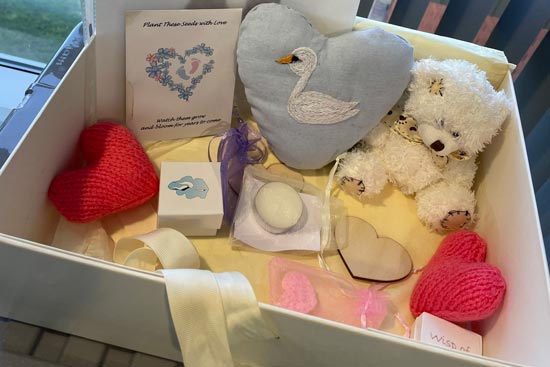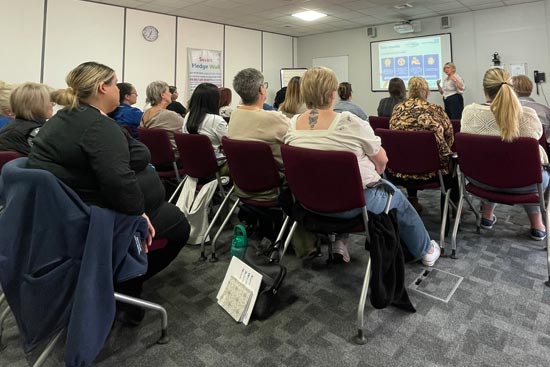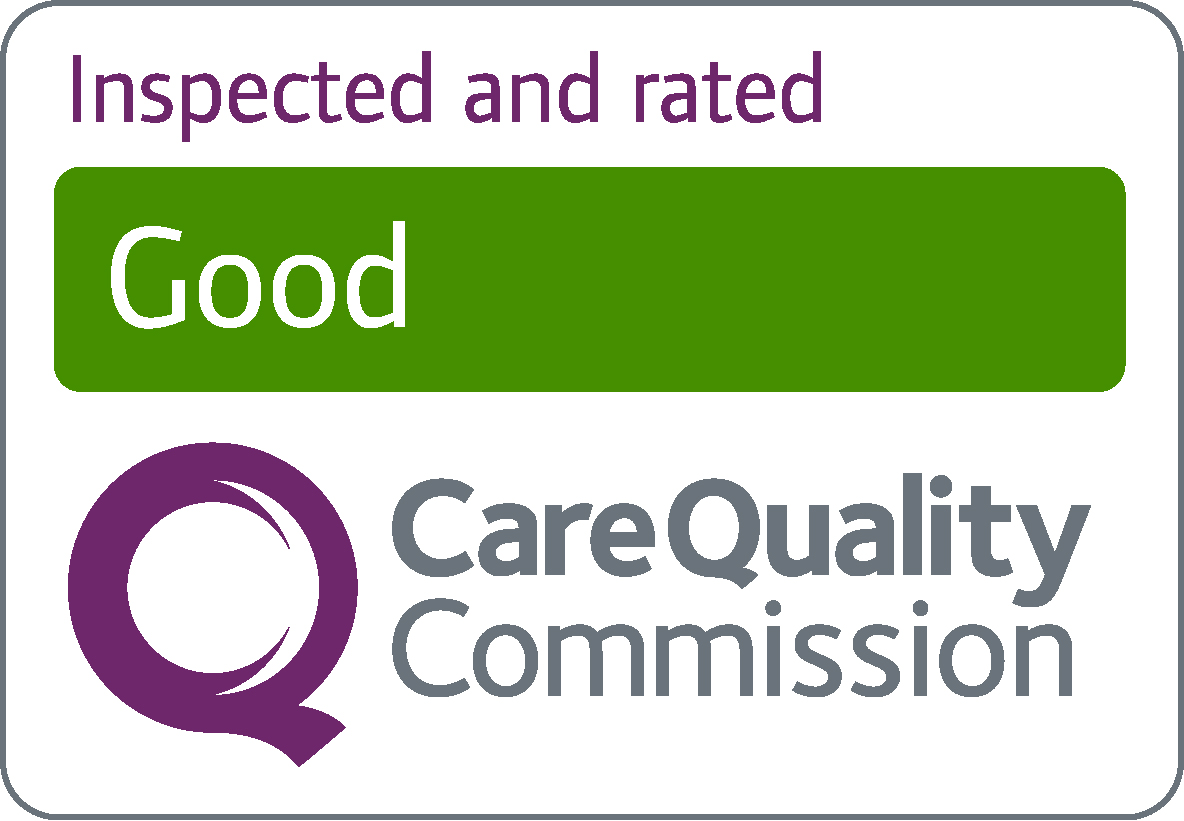Showcasing Wolverhampton's "outstanding" SWANs
Date of release: 9 October 2023
Compassionate and caring staff, also known as SWAN champions, from across The Royal Wolverhampton NHS Trust (RWT) came together to reflect on the end-of-life care they give to patients and the support offered to grieving families.
SWAN, which stands for ‘signs, words, actions and needs’, is a model which was developed by Fiona Murphy MBE, Director of Nursing for Liverpool University Hospitals NHS Foundation Trust, in 2012 to promote dignity, respect and compassion.

An example of a SWAN memory box
SWAN champions are members of staff who volunteer their time in addition to their day-to-day roles to go above and beyond to deliver patient and family-focused care.
This could be anything from brushing a patient’s hair to make them feel as comfortable as possible to arranging a memory box for the family.
The event also highlighted the collaborative work with the Trust’s religious and spiritual care team and organ donation team to ensure SWAN champions understand the final wishes and individual needs of patients and their families.
Catherine Wilson, Deputy Director of Nursing for The Royal Wolverhampton and Walsall Healthcare NHS Trusts welcomed all to the event and said: “As SWAN champions, you all go above and beyond for patients and their loved ones and it’s at the heart of everything you do until the very end of patients’ lives.

SWAN champions hearing from Fiona Murphy MBE
“Today is all about recognising the work you do and how we can drive forward even further.”
Special guest Fiona Murphy MBE said, “I am so very proud of the SWAN Model of care for end-of-life and bereavement. I can clearly see that everyone here is providing care that is patient and family-focused and we continually evolve thanks to patient, family and staff feedback.
“I have seen such outstanding care and compassion from the SWAN champions in this room supporting end of life patients and their loved ones.”
Notes to Editors
- For further information, please email PCN Communications and Engagement Lead Chace Smith on chace.smith1@nhs.net

